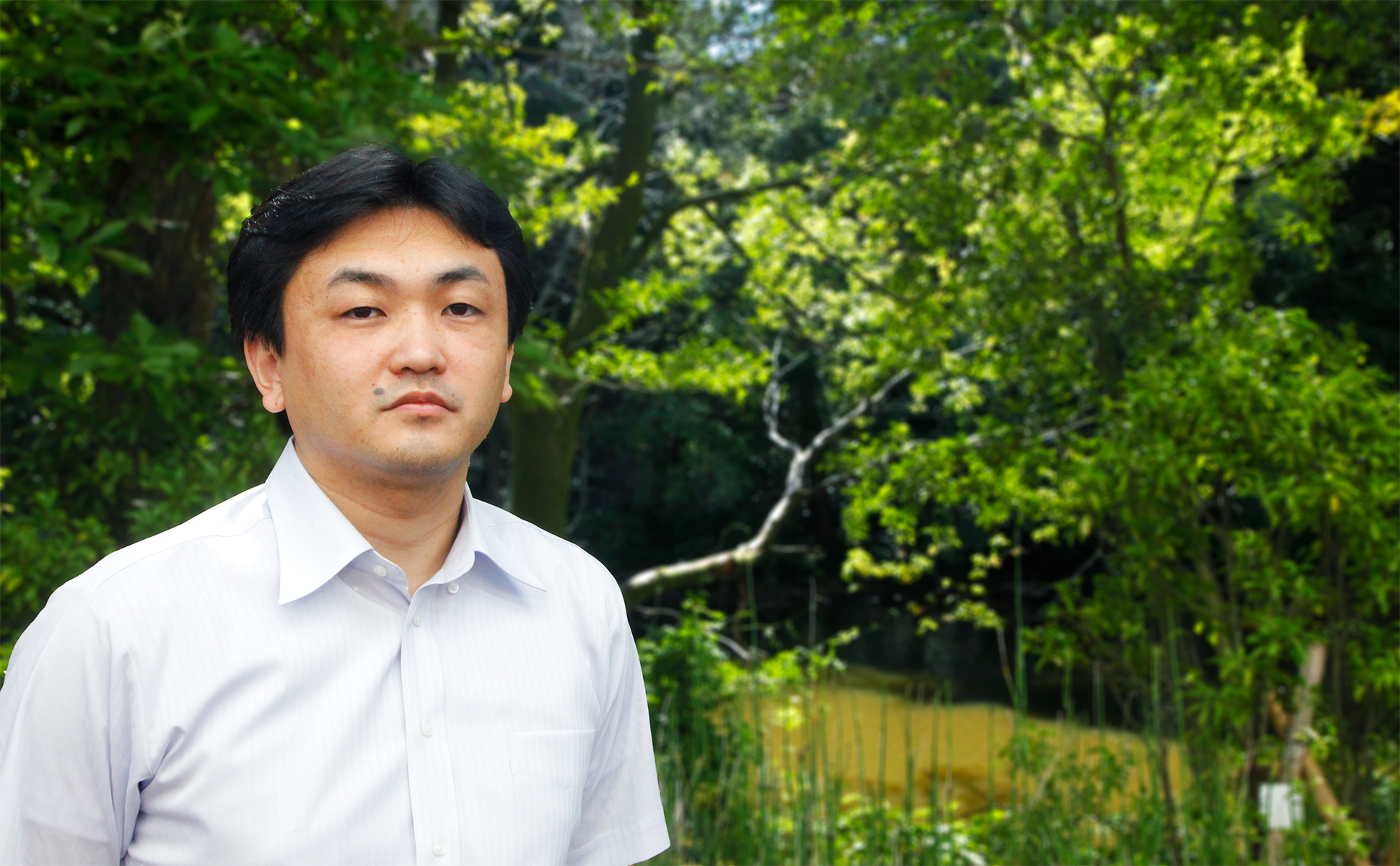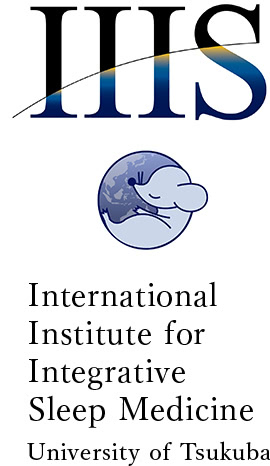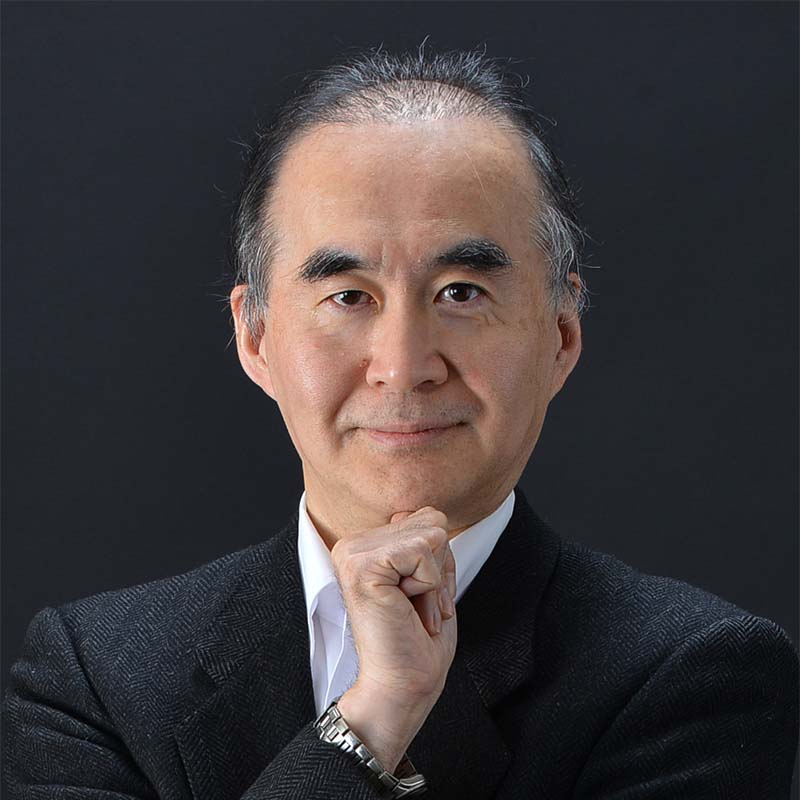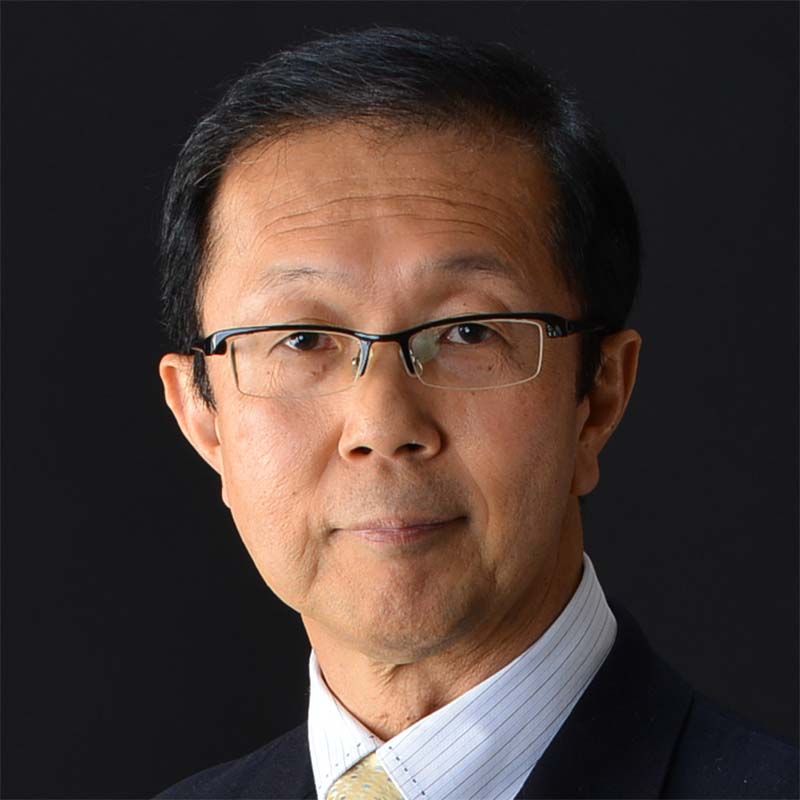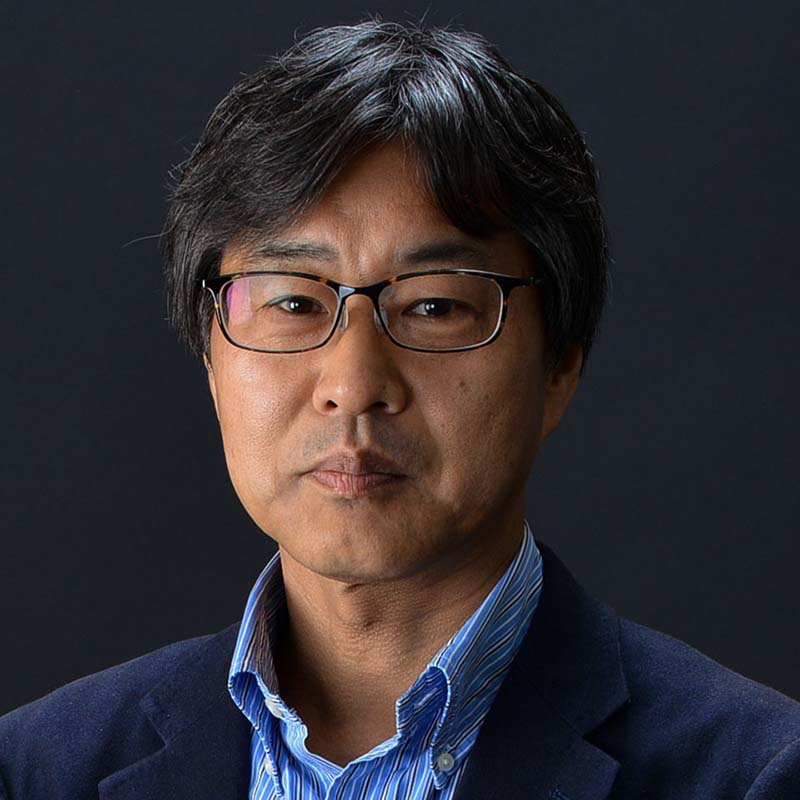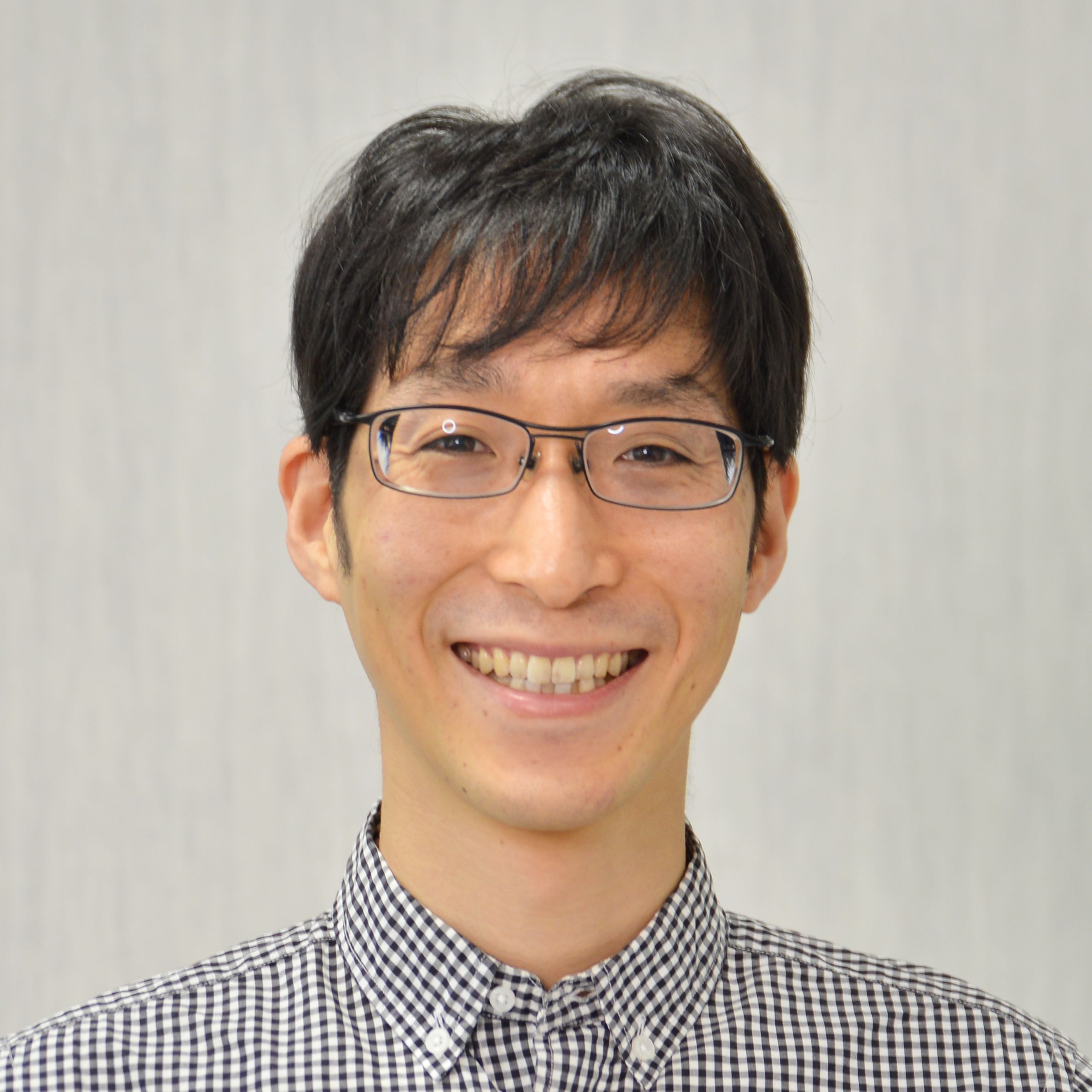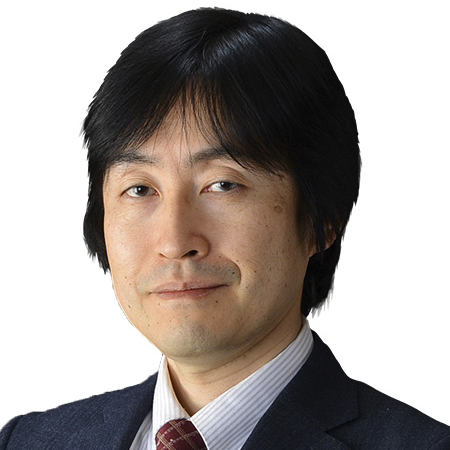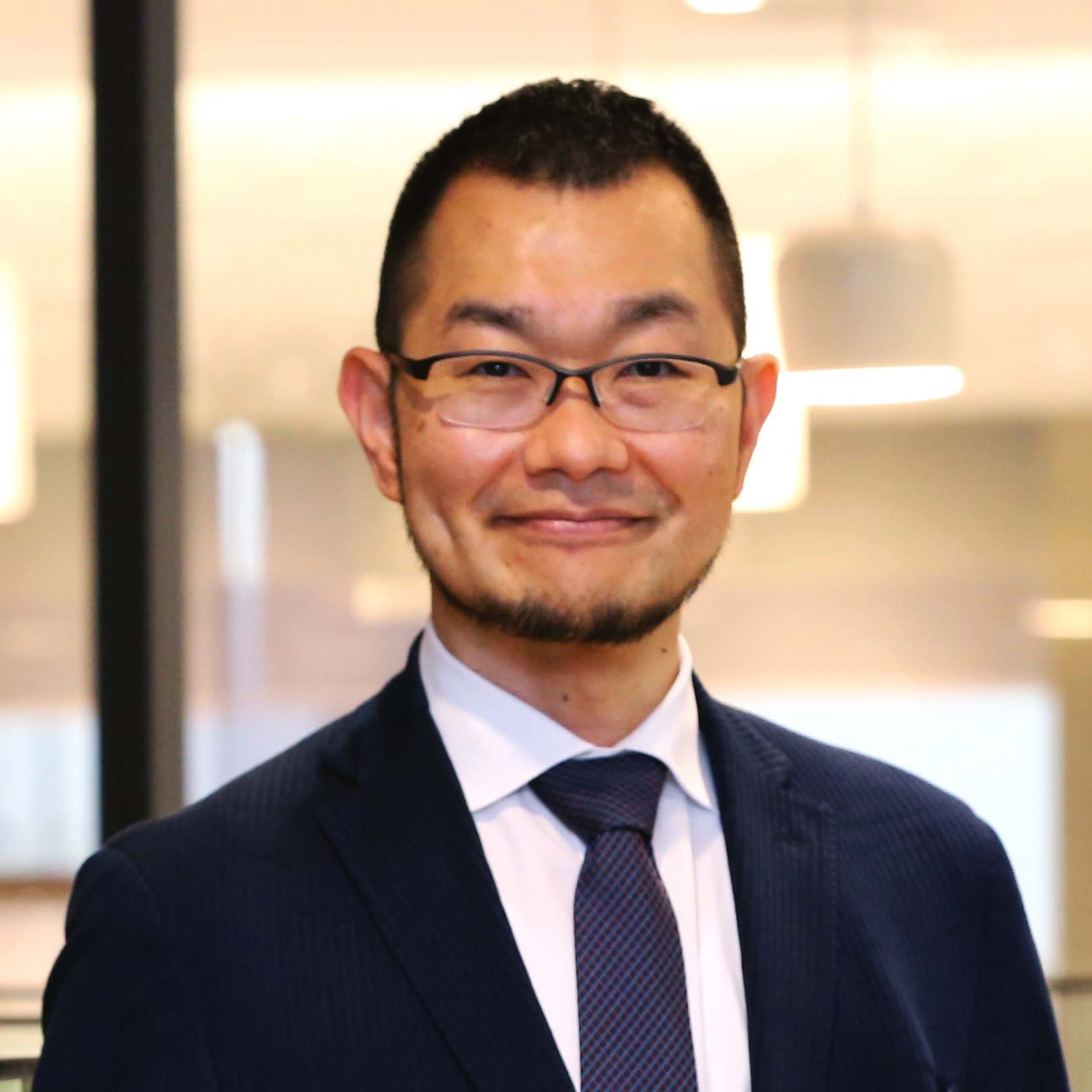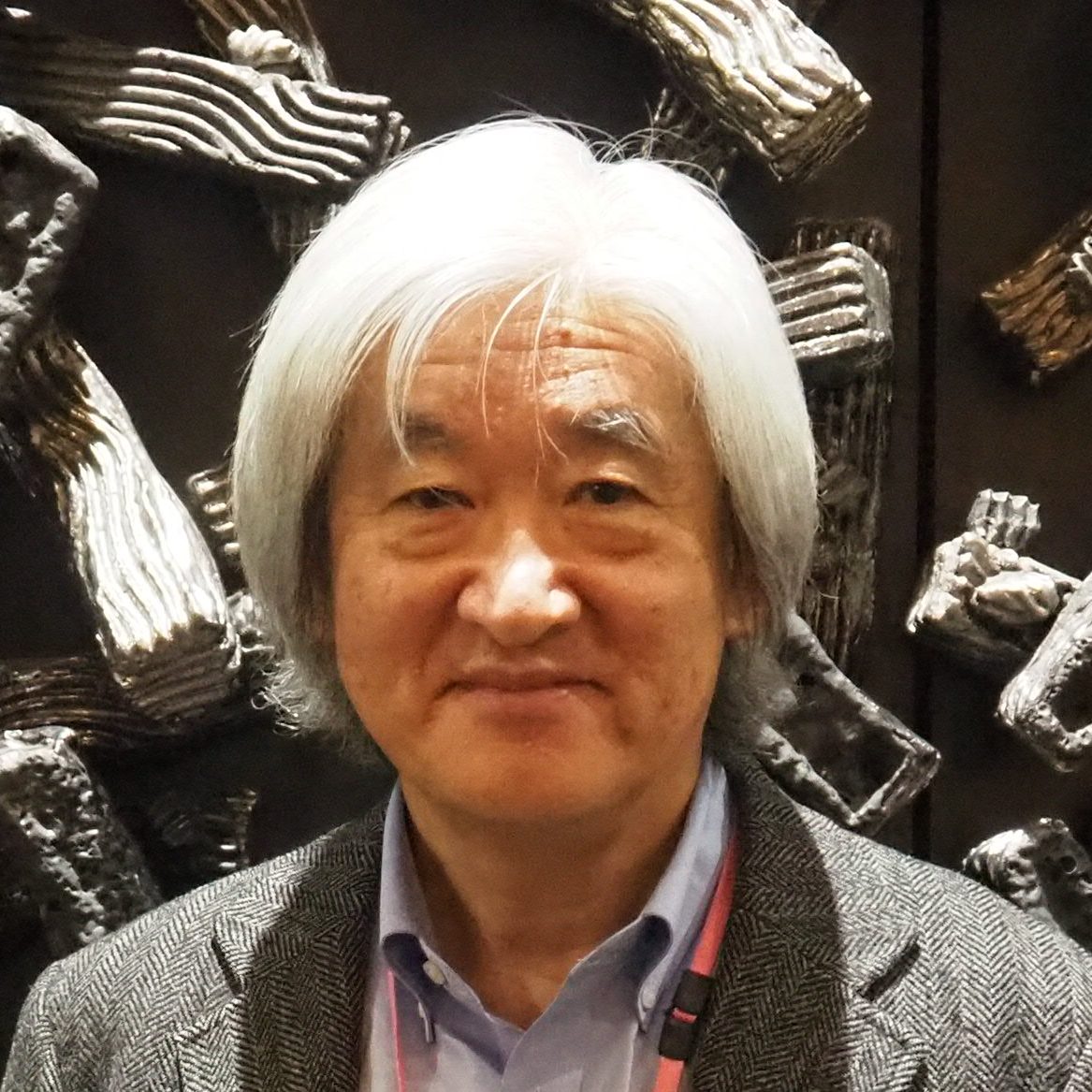01 Research Summary
People spend approximately one-third of their life sleeping. Why sleep is compulsory for human life and cannot be avoided, however, remains unclear. It is important to understand why sleep is necessary and how sleep is controlled – not only to elucidate physiologic behavior but also to enhance our quality of life.
Recently, we inadvertently created mice that require an extremely low amount of sleep. Surprisingly, these mice do not show an increase in a sleepiness marker. Therefore, the behavior is very similar to that of so-called “short sleepers” – people that can function for long periods of time on little sleep without exhibiting excessive sleepiness. Using multiple “short sleep” models, including this novel mouse model, we study the effect of short sleep on other physiologic functions in the body to understand the necessity of sleep. We also study the neural mechanisms of short sleep to clarify the control mechanisms of sleep.
| Link |
|---|
02 Major achievements
Honda T, Takata Y, Cherasse Y, Mizuno S, Sugiyama F, Takahashi S, Funato H, Yanagisawa M, Lazarus M, Oishi Y. Ablation of Ventral Midbrain/Pons GABA Neurons Induces Mania-like Behaviors with Altered Sleep Homeostasis and Dopamine D2R-mediated Sleep Reduction. iScience, 23(6):101240, 2020
Takata Y, Oishi Y*, Zhou XZ, Hasegawa E, Takahashi K, Cherasse Y, Sakurai T, Lazarus M*. Sleep and Wakefulness are controlled by ventral medial midbrain/pons GABAergic neurons in mice. J Neurosci, 38(47):10080-10092, 2018 (*corresponding authors)
Oishi Y, Xu Q, Wang L, Zhang BJ, Takahashi K, Takata Y, Luo YJ, Cherasse Y, Schiffmann SN, de Kerchove d’Exaerde A, Urade Y, Qu WM, Huang ZL, Lazarus M. Slow-wave sleep is controlled by a subset of nucleus accumbens core neurons in mice. Nat Commun, 8(1):734, 2017
03 Education/Academic background and major awards
Education/Academic background
| 2009 | Graduate School of Medicine, Osaka University, Japan Ph.D. in Medicine |
|---|---|
| 2009-2010 | Postdoctoral Associate at Osaka Bioscience Institute, Japan |
| 2010-2012 | JSPS Postdoctoral Fellow for Research Abroad |
| 2010-2013 | Research Fellow at Beth Israel Deaconess Medical Center, Harvard Medical School, USA |
| 2013-2017 | Researcher, International Institute for Integrative Sleep Medicine (IIIS), University of Tsukuba, Japan |
| 2017-2023 | Assistant Professor, International Institute for Integrative Sleep Medicine, University of Tsukuba, Japan |
| 2018-present | Principal Investigator, International Institute for Integrative Sleep Medicine, University of Tsukuba, Japan |
| 2023-present | Associate Professor, International Institute for Integrative Sleep Medicine, University of Tsukuba, Japan |
Awards
| 2018 | Research Encouragement Award, Japanese Society of Sleep Research |
|---|---|
| 2018 | Young Faculty Encouragement award, University of Tsukuba |
Why did you become a scientist?
The "Selfish Gene" inspired me.
I was inspired when I was a university student to read Richard Dawkins' "The Selfish Gene," a book written for the general public on Darwin's theory of evolution from a genetic perspective. I remember feeling the depth of biology in a story in which the simple principle of natural selection of self-replicating products in response to their environment explained our diverse biological world very well.
What do you care about at work?
Serendipity.
What are you most interested in lately?
Ski.
Core Group
-
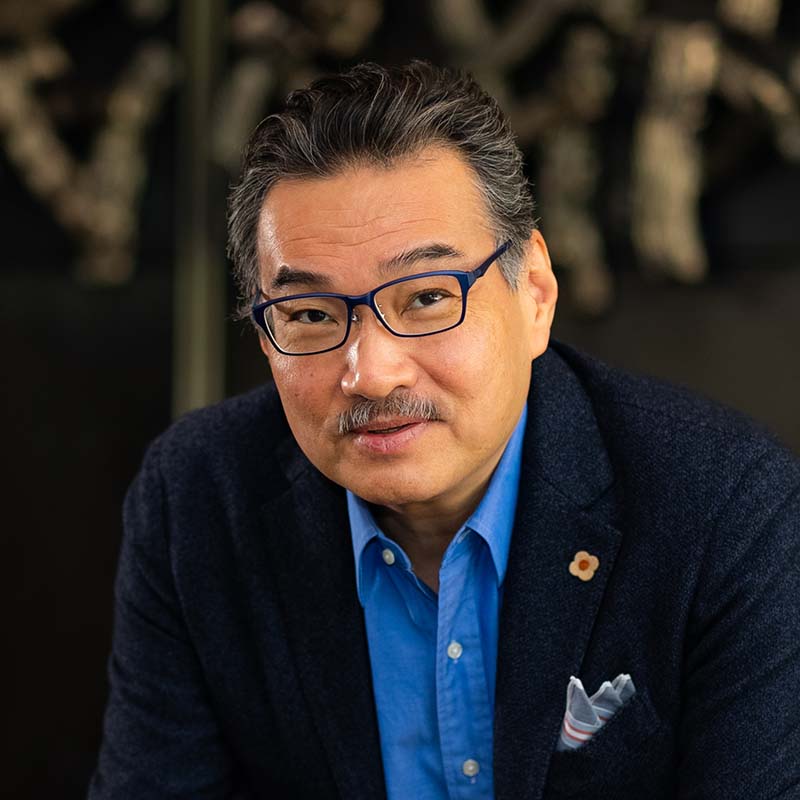
Neuroscience
Masashi Yanagisawa
-
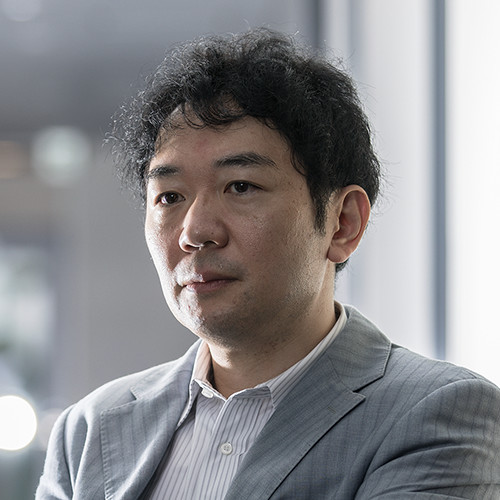
Neuroscience
Takeshi Sakurai
-
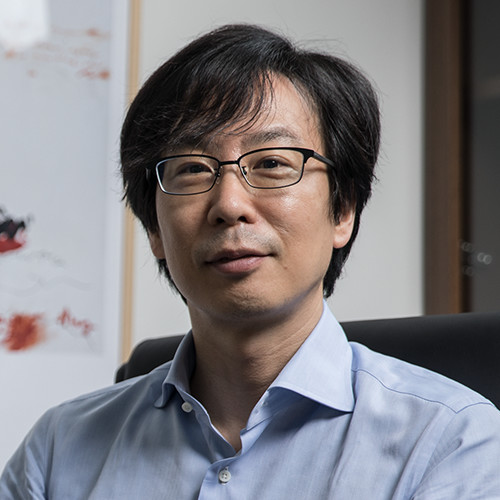
Neuroscience
Hiromasa Funato
-
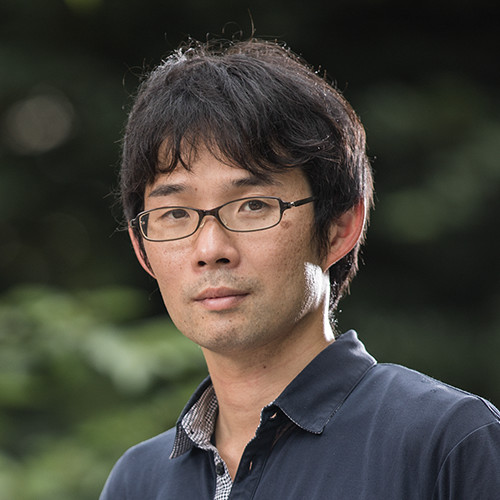
Neuroscience
Yu Hayashi
-
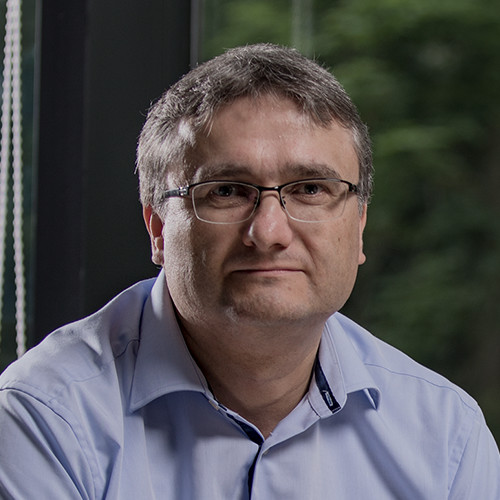
Neuroscience
Michael Lazarus
-
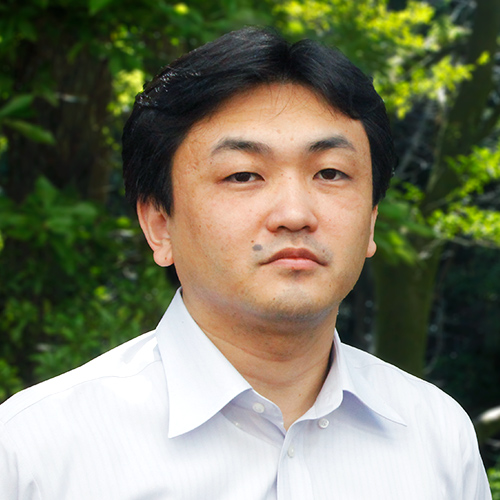
Neuroscience
Yo Oishi
-
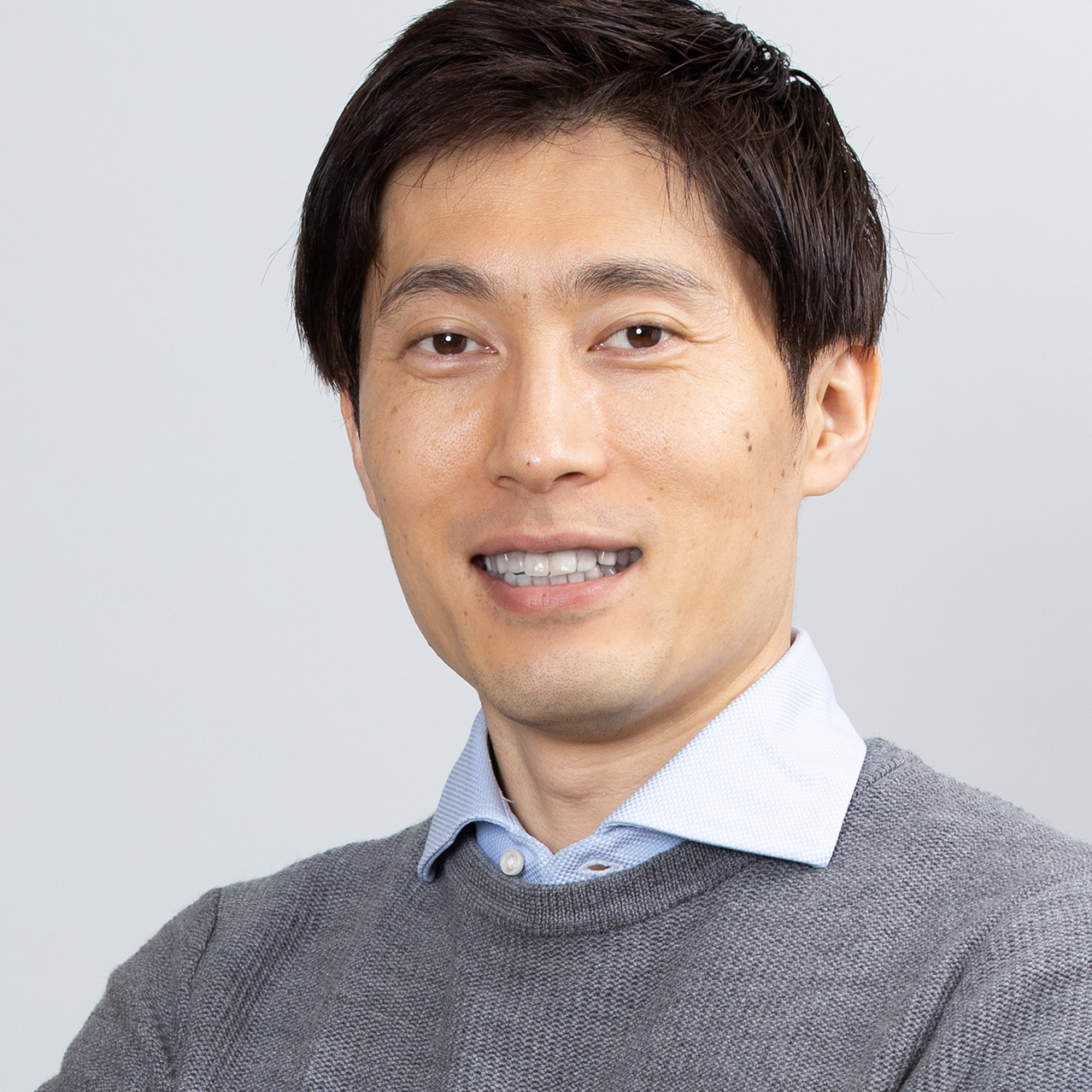
Neuroscience
Masanori Sakaguchi
-
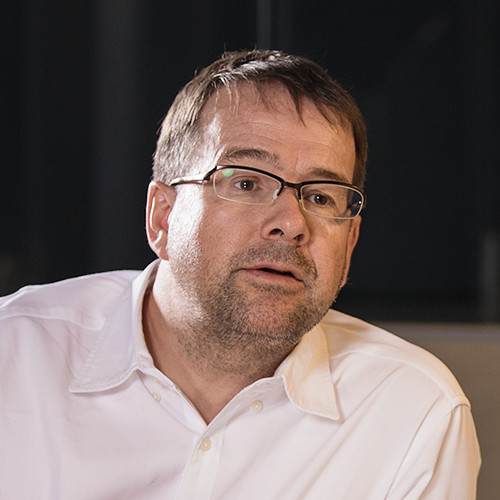
Neuroscience
Kaspar Vogt
-
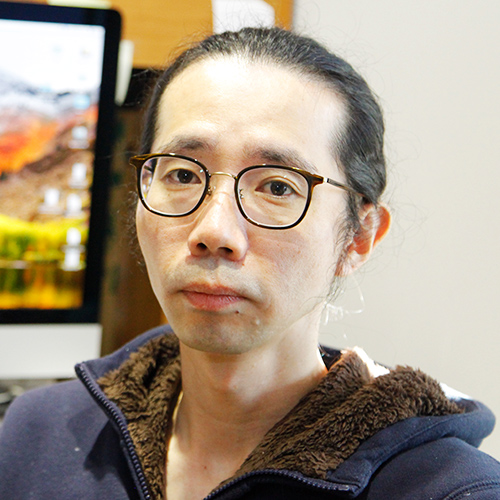
Neuroscience
Katsuyasu Sakurai
-
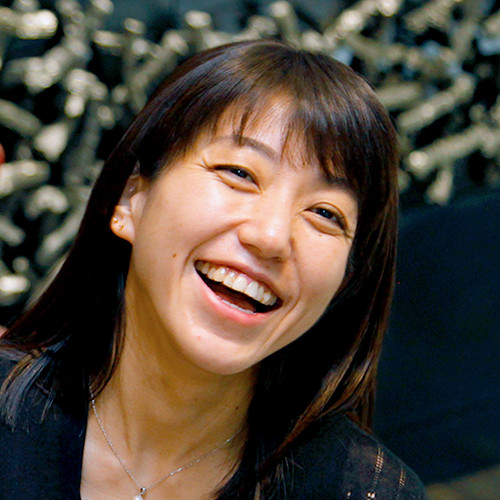
Neuroscience
Sakiko Honjoh
-
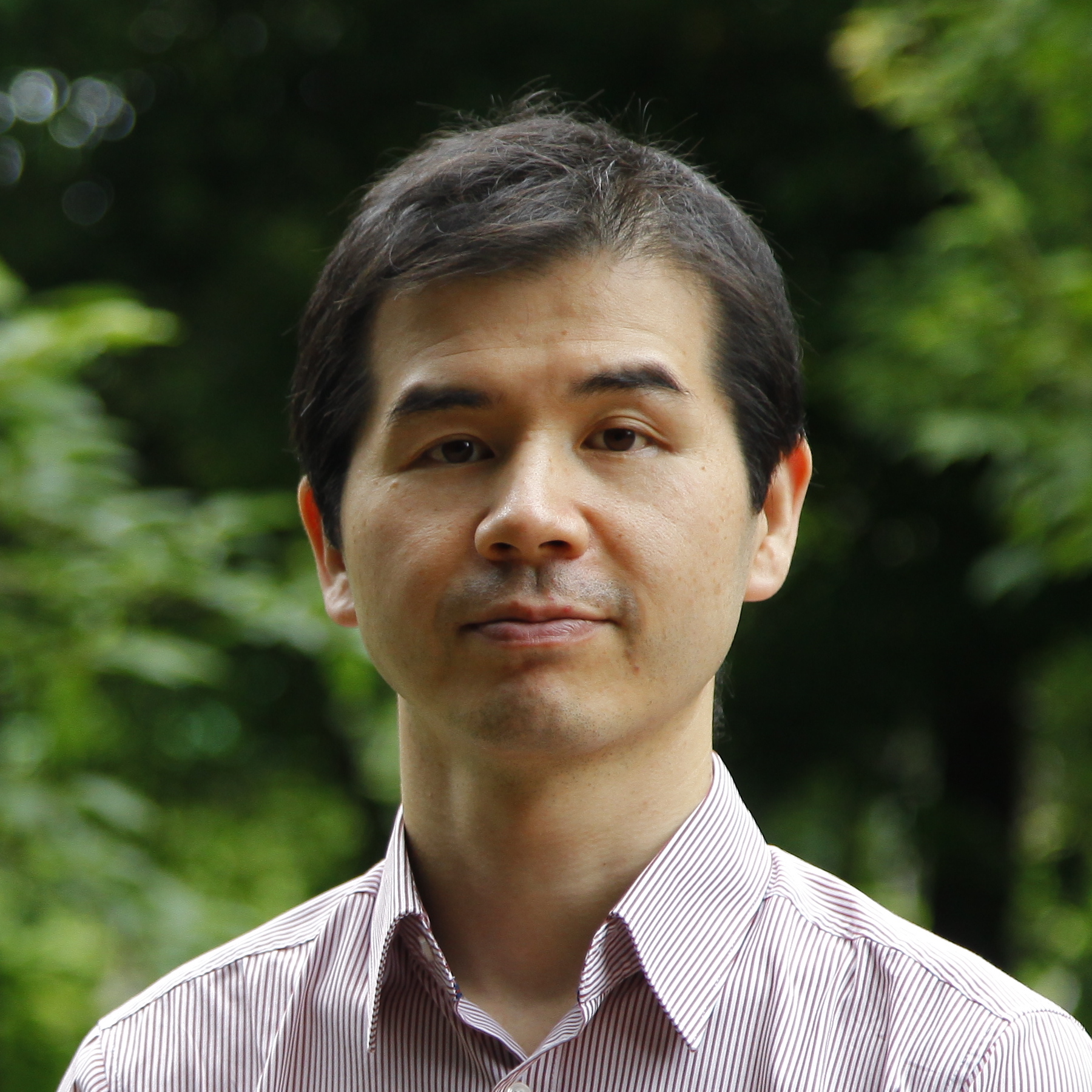
Neuroscience
Hirofumi Toda
-
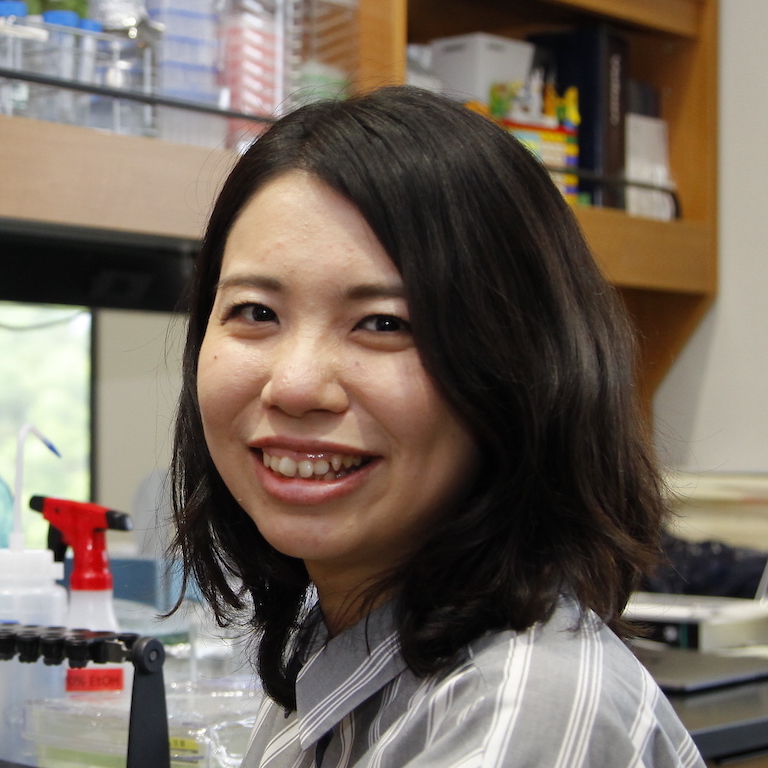
Neuroscience
Arisa Hirano
-
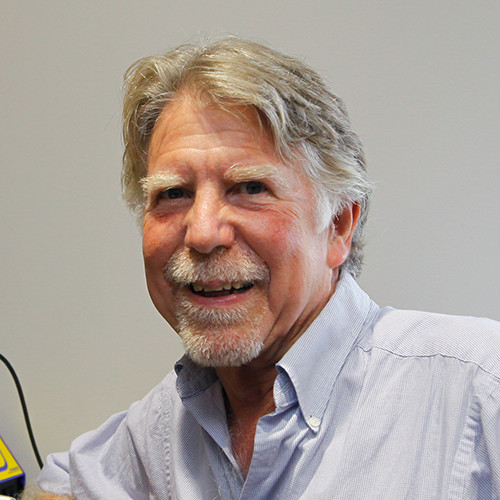
Neuroscience
Robert Greene
-
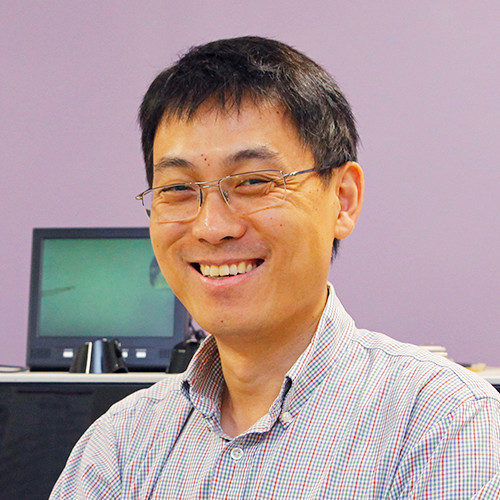
Neuroscience
Qinghua Liu
-
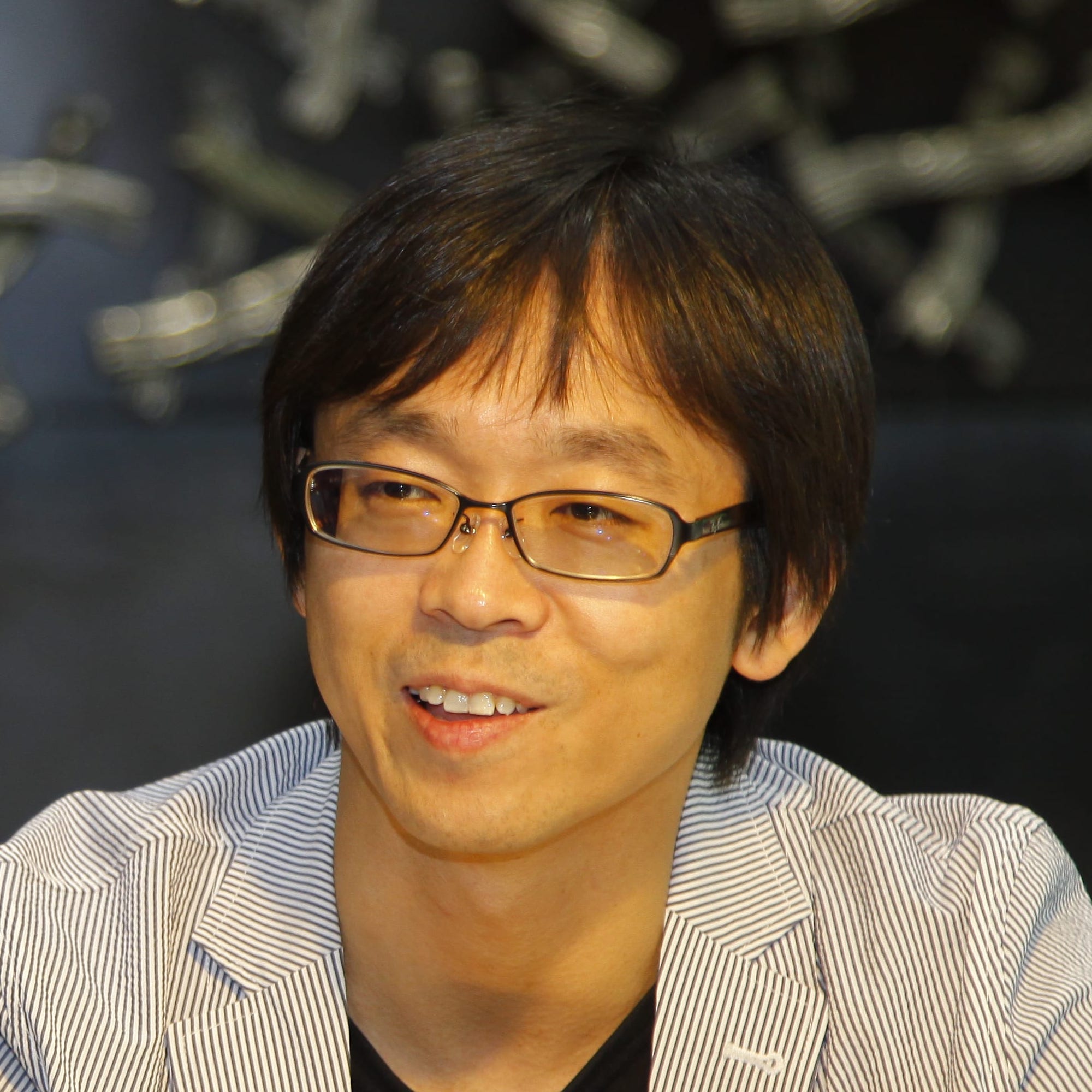
Drug discovery
Noriki Kutsumura
-
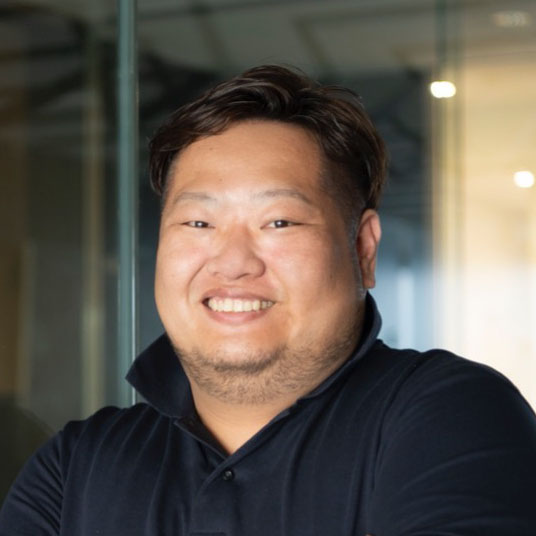
Drug discovery
Tsuyoshi Saitoh
-
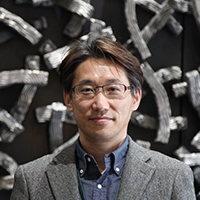
Human sleep
Tomohiro Okura
-
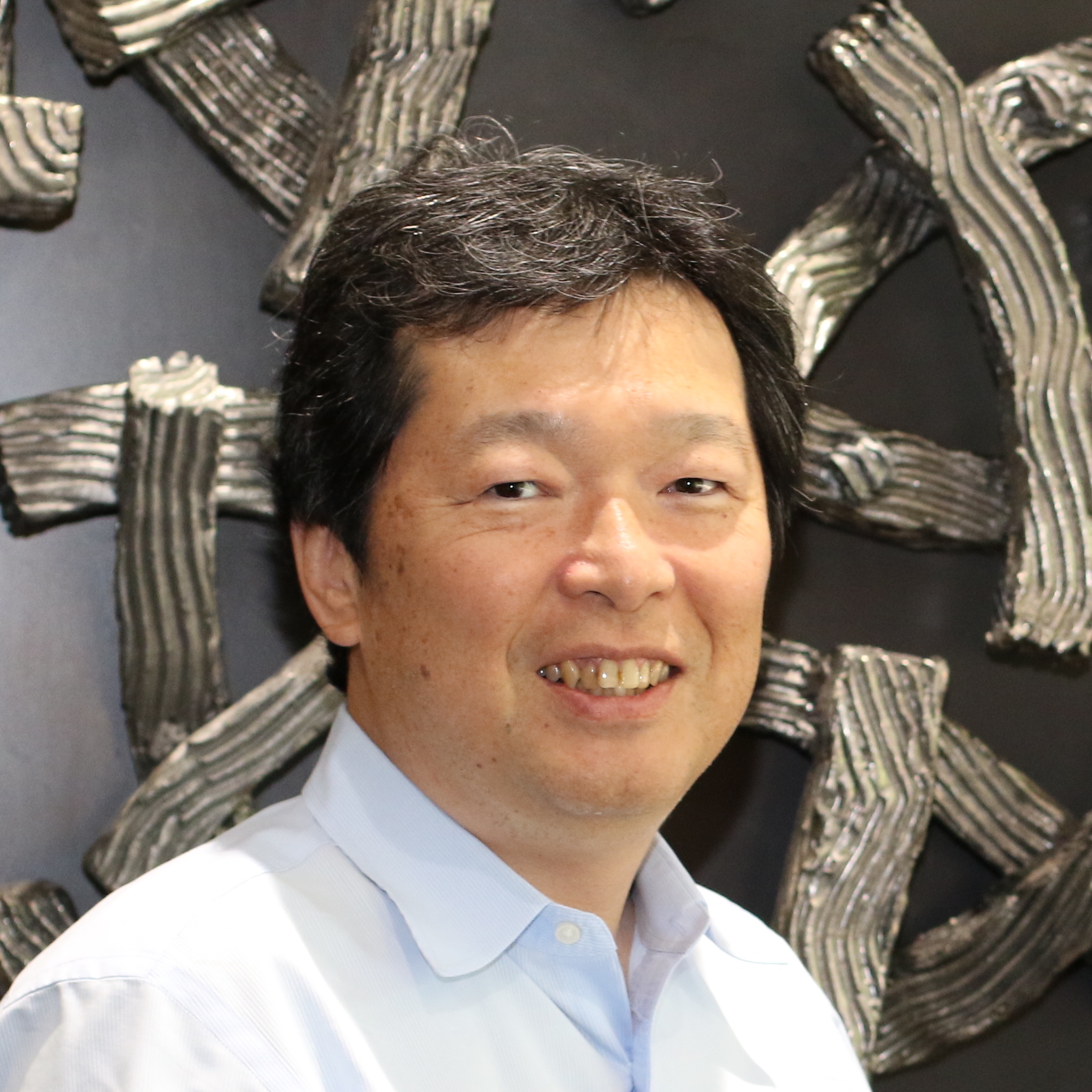
Human sleep
Takashi Kanbayashi
-
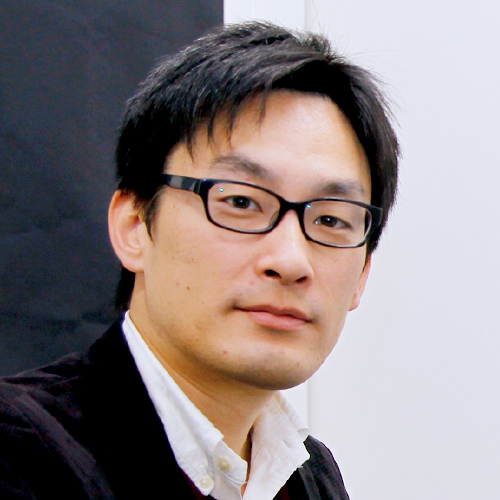
Human sleep
Takashi Abe
-
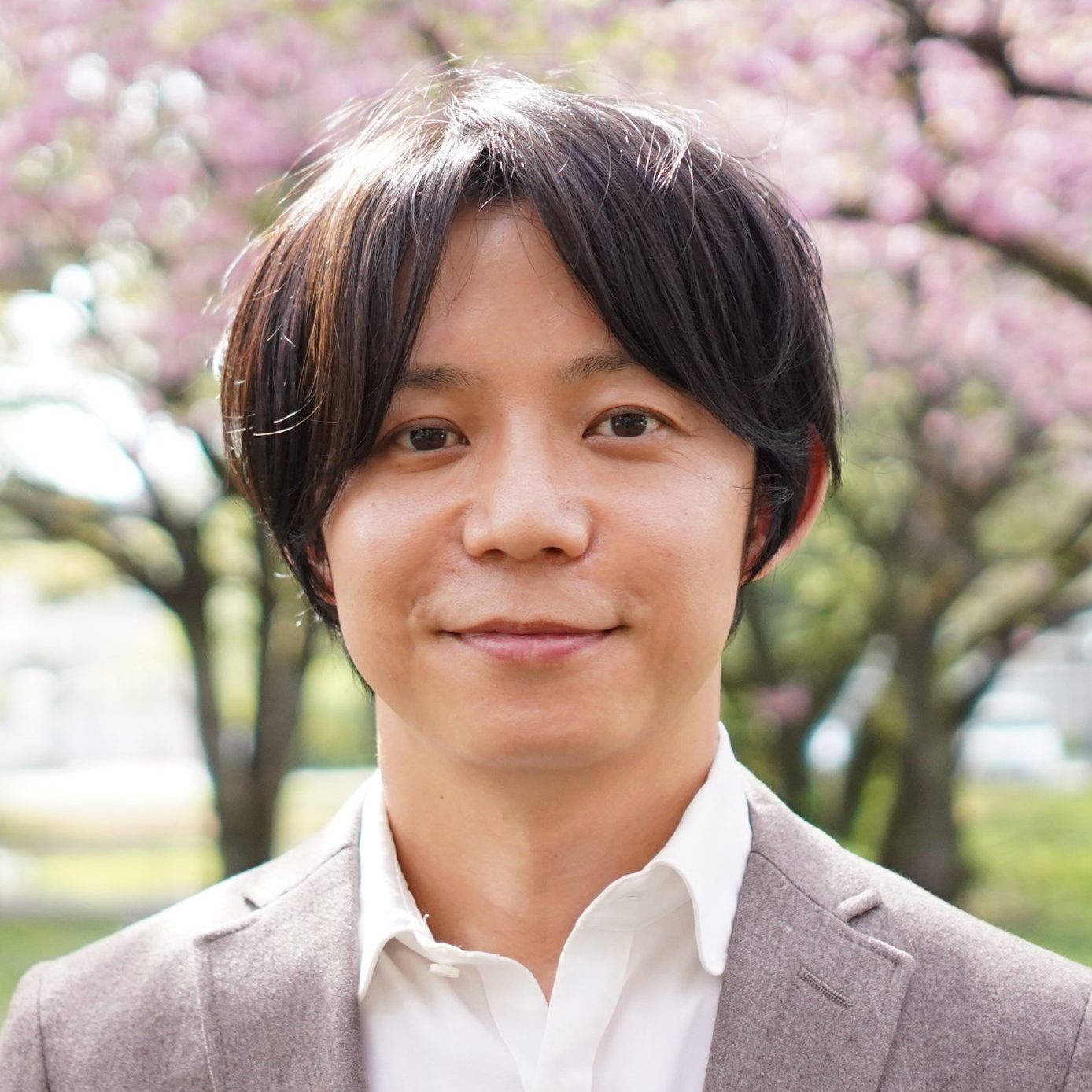
behavioral science
Shun Nakajima
-

Data Science
Hiroyuki Kitagawa
-

Data Science
Shoi Shi
-
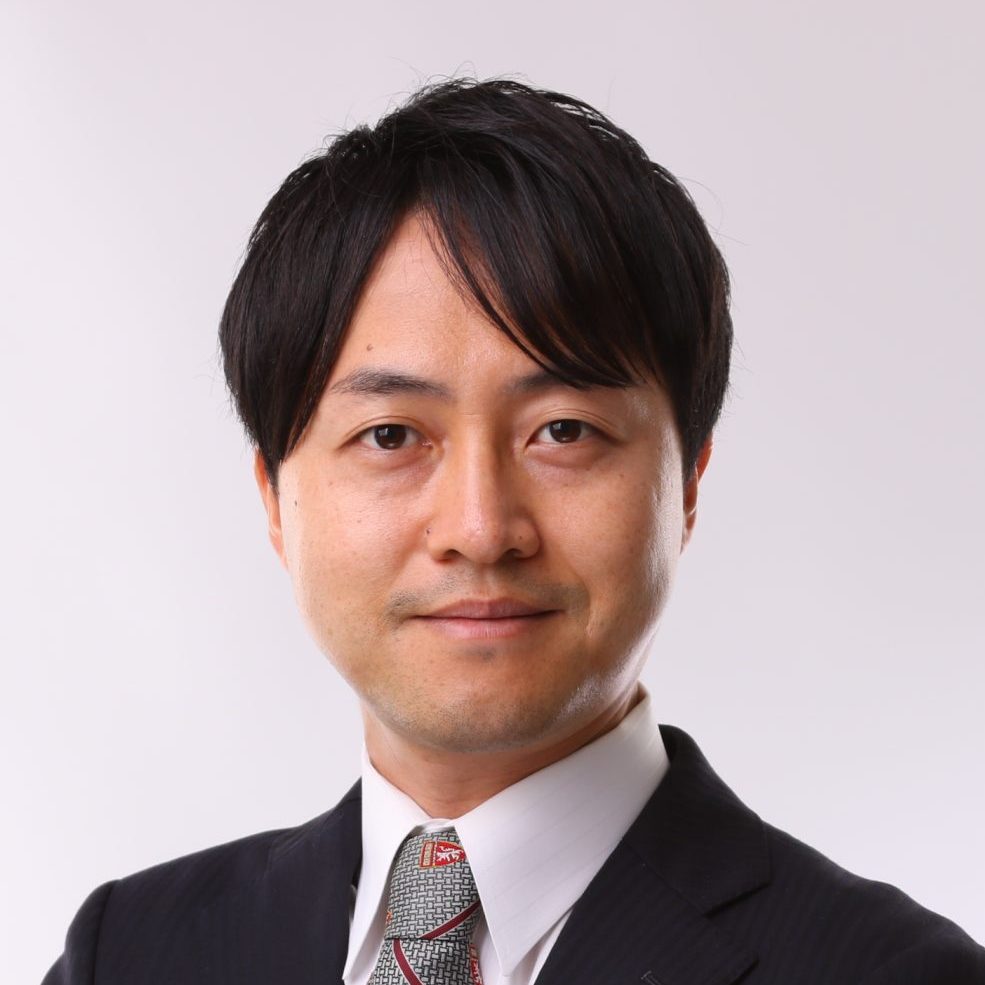
Data Science
Masao Iwagami
